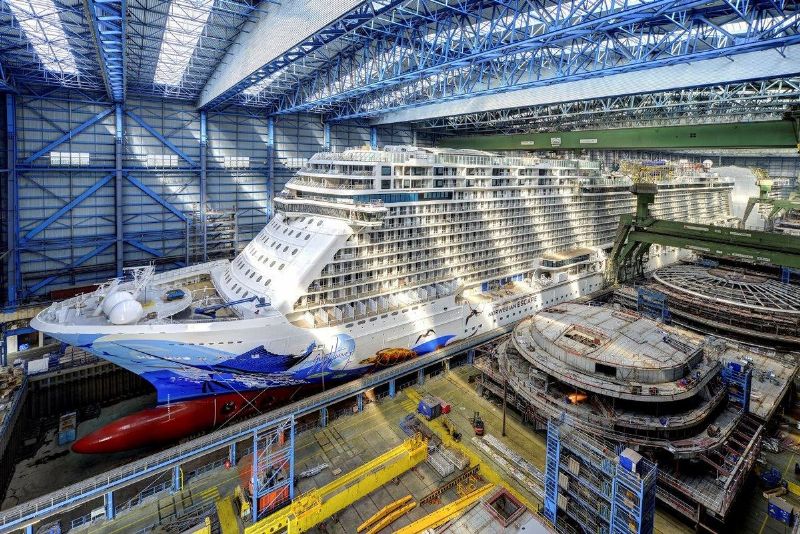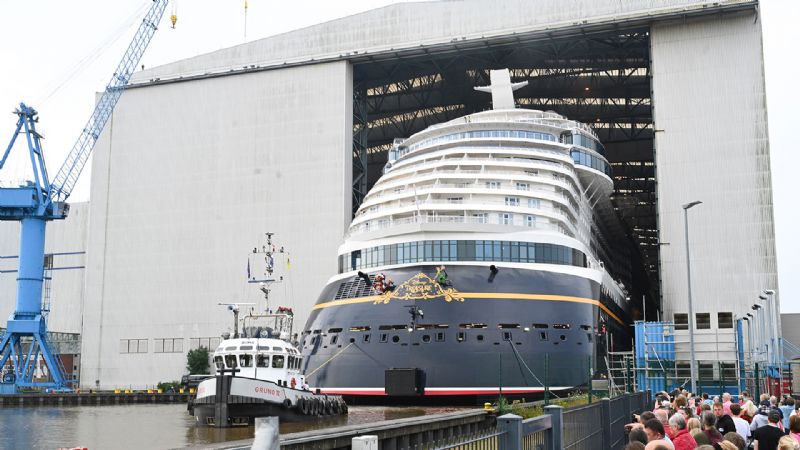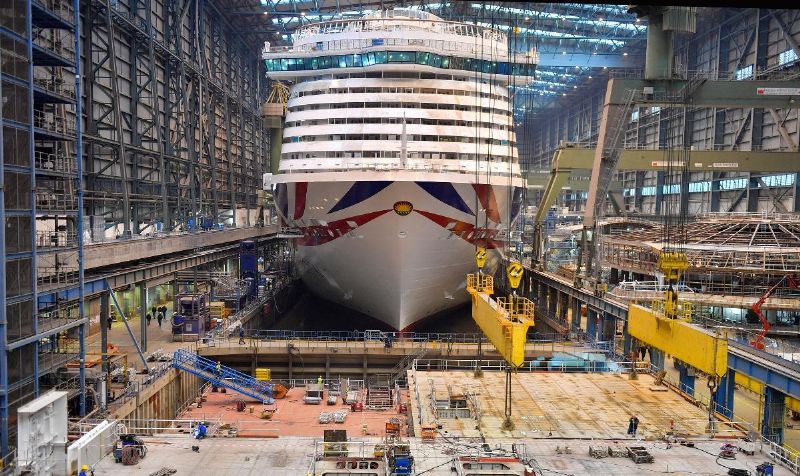
The key pieces for the German government to bail out the financially troubled cruise ship builder Meyer Werft are coming together ahead of the September 15 deadline. The state government for Lower Saxony approved the deal while German Chancellor Olaf Scholz declared it is no longer “a matter of if” that the bailout will proceed.
The government of the Lower Saxony state where the Papenberg shipyard is located approved the terms of the deal. The government will acquire 40.4 percent of Meyer Werft for a €200 million ($220 million) investment and will provide loan guarantees for an additional €1 billion ($1.1 billion) as part of a syndicate to be led by the commercial banks.
"With our commitment, we are creating the conditions for the preservation and future-proof reorientation of the shipyard," said Lower Saxony's Finance Minister Gerald Heere. “The entry shows the economic importance of the company - not only for the region but also for the state and the Federal Republic.”
Scholz echoed the same position during a video statement played at the SMM trade show in Hamburg. The Chancellor said it was not a question of if there would be a rescue but how it would be structured. He also highlighted the significance of shipbuilding to the German economy.
The plan calls for the federal government to match the contribution of the state. Combined the federal and state governments will own 80.8 percent of the shipyard. The Meyer family will continue to hold the remaining 19.2 percent with earlier reports saying they would also have the right to repurchase the shares from the government.
Pressed by reporters on whether the government would be a better shipbuilder, Heere said that was not the plan. The government will give the shipyard the time to restructure while it also proceeds with a large orderbook of cruise ship construction. Hesse said there was no end date to the investment but anticipates once “the shipyard gets back on its feet,” there will be interested parties.
Meyer Werft’s problems are linked to the structure of the orders which reports said are based on a 20 percent upfront payment and most of the payment is only when the cruise ships are delivered years later. The shipyard needs to finance materials and pay for labor during the construction. Meyer also experienced cost increases which are being blamed on the war in Ukraine and the aftereffects of the pandemic which created the financial shortfall.
The government also is directing that the new Supervisory Board (a standard German corporate structure) will consist of six employees from the shipyard, five representatives from the state and federal government, and one member of the Meyer family.
After today’s decision in the state cabinet, the approval of the budget committee in the state parliament is still pending.



We use cookies to improve your experience. By continuing to use our site, you accept our Cookies, Privacy Policy,Terms and Conditions. Close X